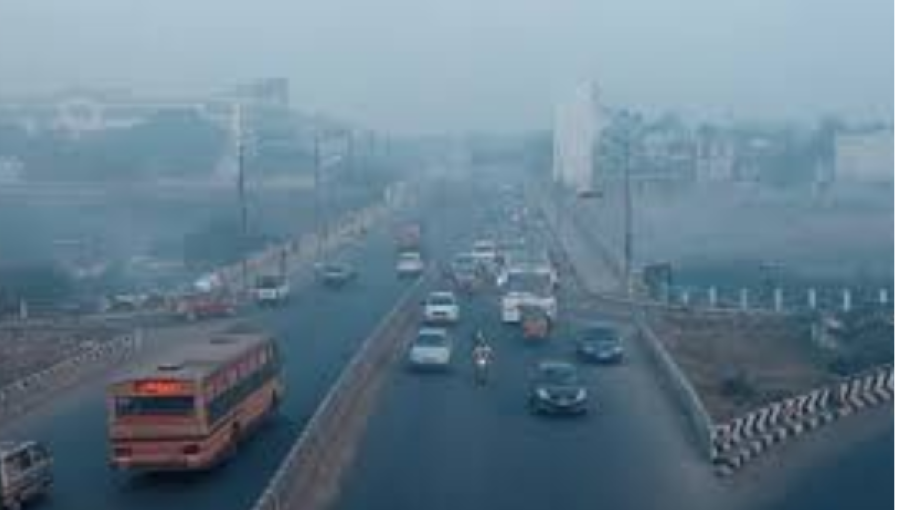This morning, Dhaka's air quality was categorized as "unhealthy for sensitive groups" with an Air Quality Index (AQI) score of 121, ranking the city 10th globally among locations with the most severe air pollution. This classification highlights ongoing challenges faced by the city due to air pollution, particularly during winter months when air quality tends to deteriorate, improving somewhat during the monsoon season.
The top positions on the global list for poor air quality were occupied by Thailand’s Chiang Mai (AQI 173), India's Delhi (AQI 167), Nepal’s Kathmandu (AQI 164), and Indonesia’s Jakarta (AQI 162), all facing significant air pollution issues.
The AQI value ranges provide context: a score between 101 and 150 is considered 'unhealthy for sensitive groups', indicating health risks for individuals with respiratory or other health conditions. Scores above 150 signify 'unhealthy' air quality, while readings surpassing 200 are deemed 'very unhealthy', and a value exceeding 301 is considered 'hazardous', posing severe health risks.
Air pollution remains a critical global health concern, with the World Health Organization (WHO) estimating that it contributes to approximately seven million deaths worldwide annually. Health risks associated with air pollution include increased mortality from stroke, heart disease, chronic obstructive pulmonary disease, lung cancer, and acute respiratory infections.
In Bangladesh, the AQI calculation incorporates five key pollutants: Particulate Matter (PM10 and PM2.5), NO2, CO, SO2, and Ozone. The prevalence of these pollutants contributes to the ongoing challenges with air quality in Dhaka.































Comment: